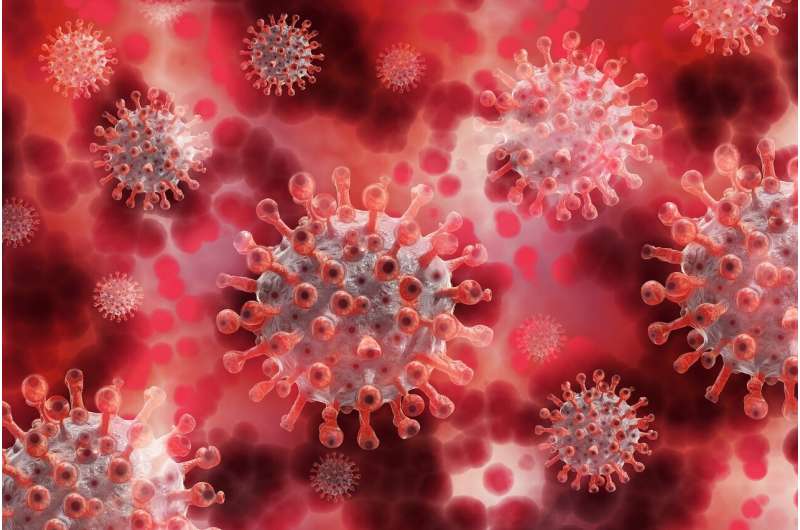
Researchers from the University of Missouri School of Medicine have developed and tested a process to identify potential false-positive COVID-19 results. The method, used at MU Health Care, could help other laboratories prevent unnecessary quarantining and repeated testing of people who are not actually infected.
COVID-19 testing is an important tool for managing the virus during the pandemic, and reverse transcriptase polymerase chain reaction (RT-PCR) testing is the most widely used method. But while this type of test is considered reliable, it is associated with a small number of false positive results, most easily recognized in asymptomatic, nonexposed patients.
“False positive diagnoses have important implications for patient management,” said Lester Layfield, MD, professor of pathology and anatomical sciences and director of the Molecular Diagnostics Laboratory. “False positives may lead to inappropriate quarantine, delay of other necessary medical treatment or transfer to a COVID-19 ward.”
To help ensure the accuracy of positive tests, Layfield developed a protocol for repeat testing of all positive results involving asymptomatic and unexposed patients, and in all cases in which a specimen with a positive result was located in a testing well next to another specimen with a high virus load.
Layfield and his team of researchers implemented the quality control protocol in September 2020. Over an eight-week period, 24,717 RT-PCR tests were performed. Of those, 6,251 came from asymptomatic patients. In that group, 288 specimens initially returned a positive result. A second test revealed 20 of these to be false positives.
“Retesting of positive results from asymptomatic individuals revealed some technologist errors but also contamination from positive specimens in adjacent specimen wells,” Layfield said. “This study should alert the laboratory testing community of the possibility of false positive COVID-19 tests.”
In addition to Layfield, the study authors include Douglas C Miller, MD, Ph.D., chair of pathology and anatomical sciences; resident physician Kelly Bowers, DO; and Simone Camp. The authors declare they have no conflict of interest to report in relation to this study.
Source: Read Full Article